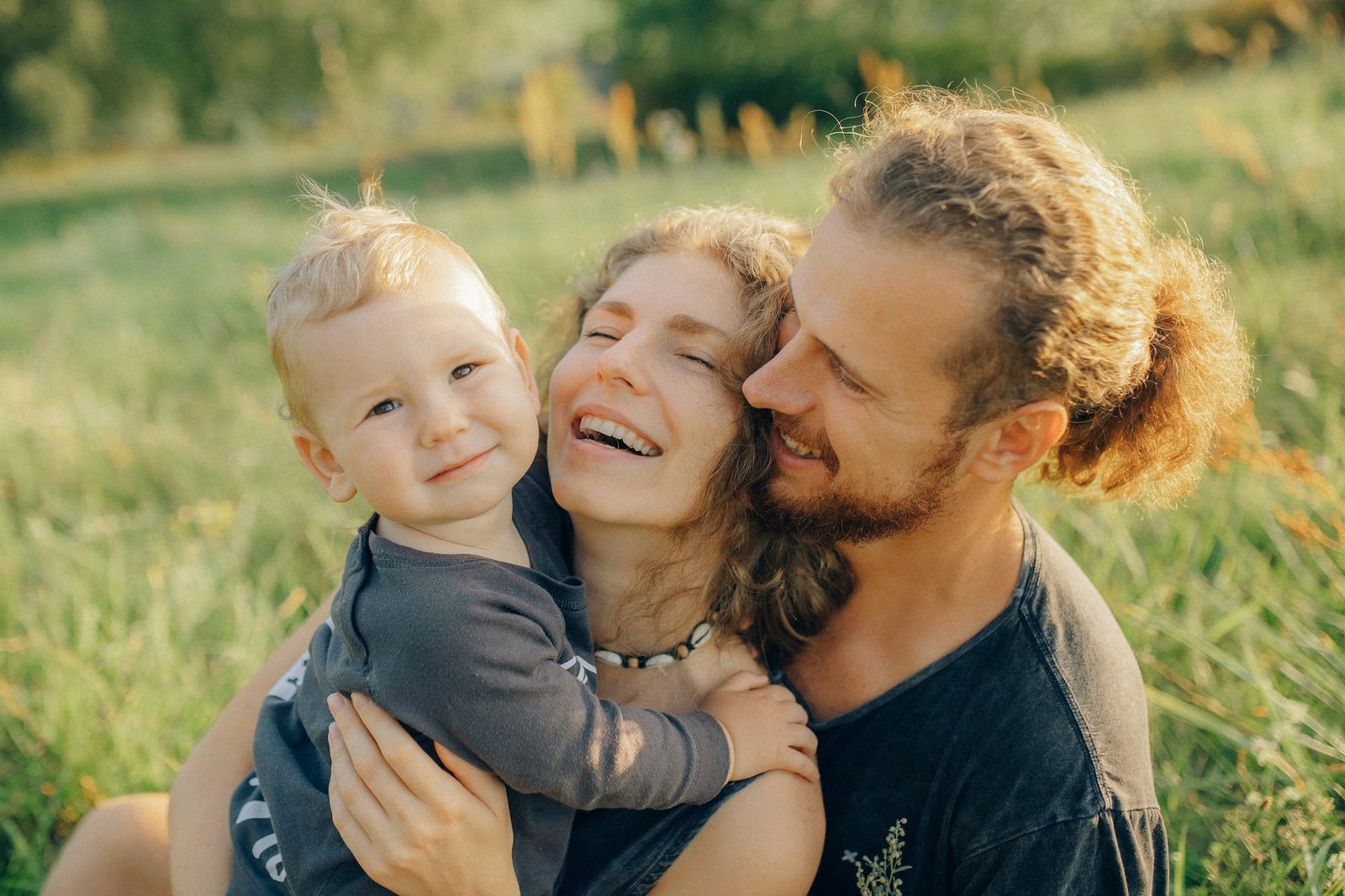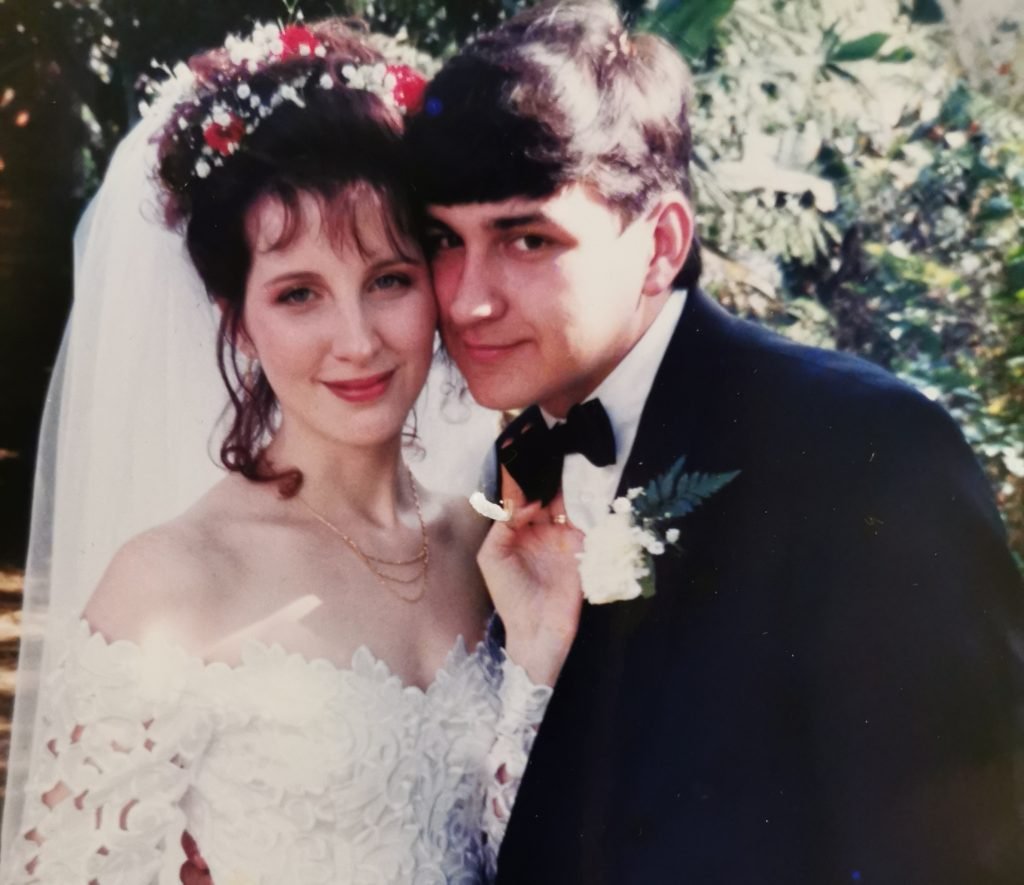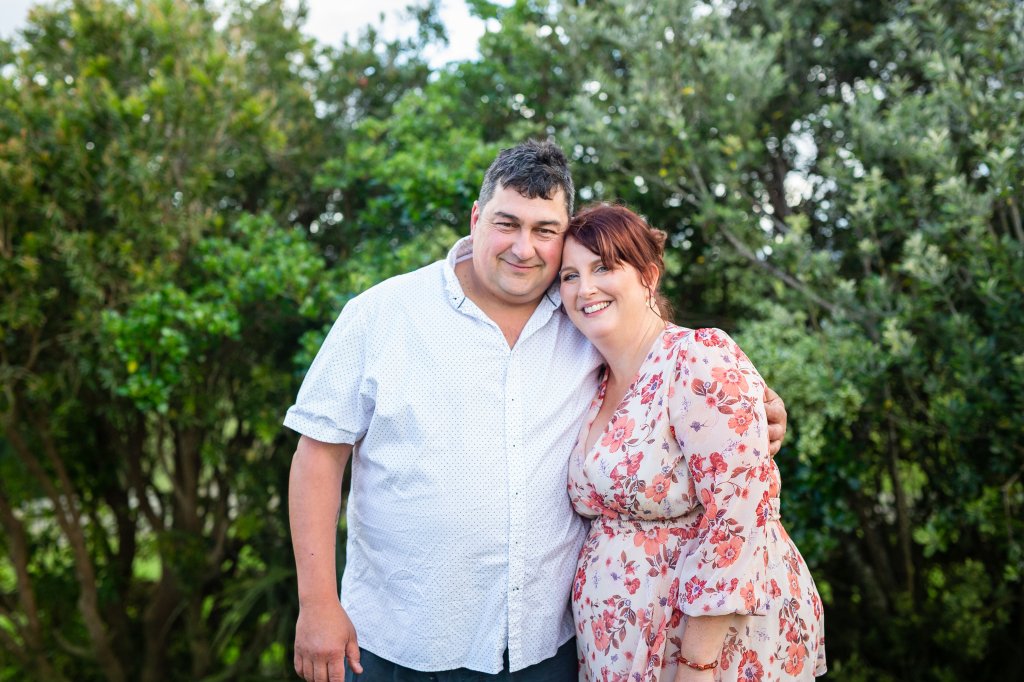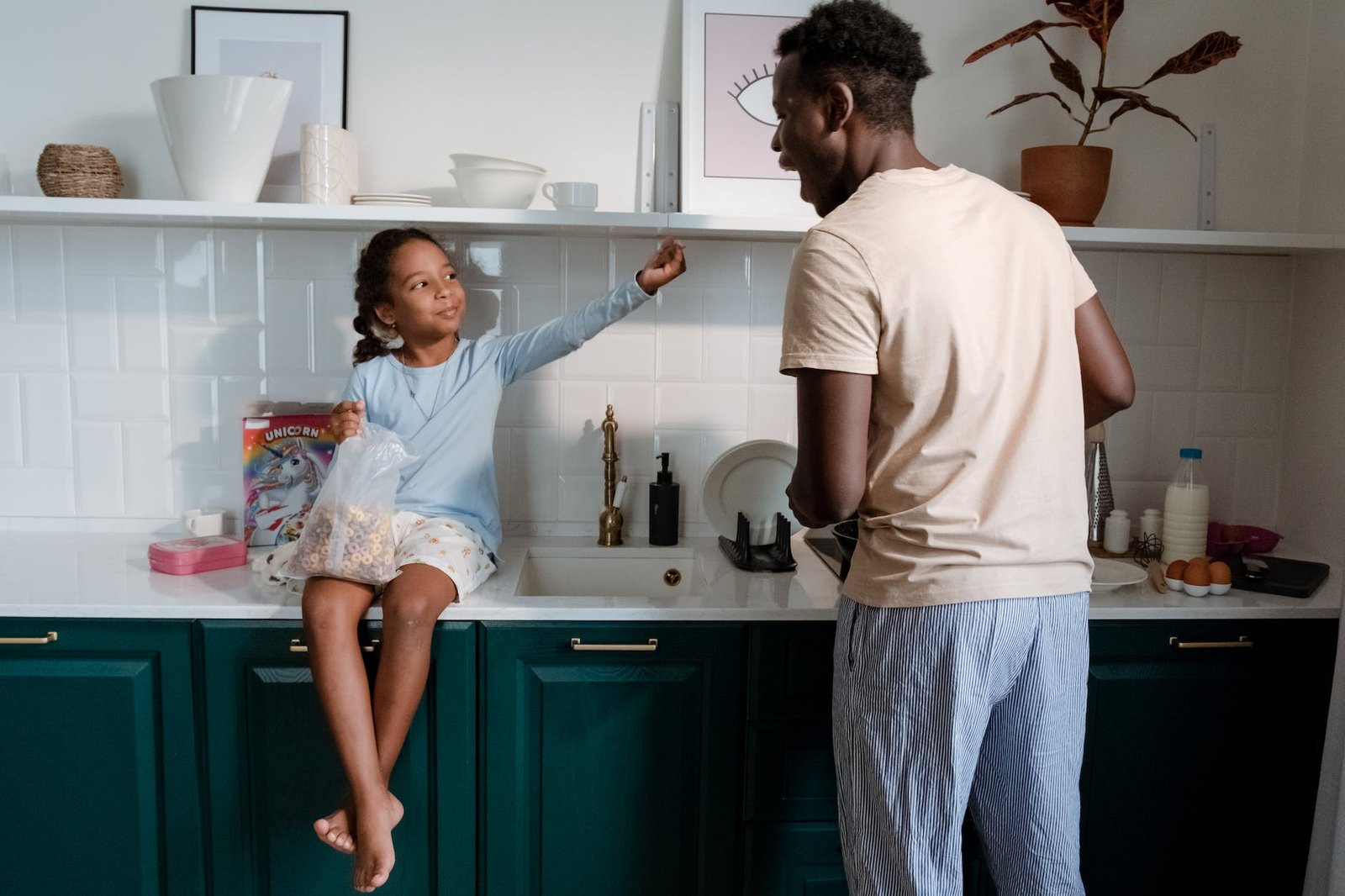Many parents whom I work with struggle with getting on the same page with, and nurturing their relationship with their partner while co-parenting their neurodivergent children.
Parenting is one of the hardest and most complex jobs we will ever do as a person. We are literally responsible for taking care of and shaping the life of another human being. The pressure to get it right can feel intense!
A person would think with such high stakes and the momentous importance of the task at hand we would receive intensive training to match the significance of the job. However, that is sadly not the case. Many of us stumble into parenting having learned more about the mechanisms of giving birth than what it takes to raise a child.
We rely heavily on the toolkit we inherited from our parents (a toolkit often filled with outdated tools not fit for the job of modern parenting) and fumble through parenthood hoping that we get it right.
Bringing together the combined genetics, genealogies, upbringings and generational trauma of two human beings and starting a family is one of the most courageous and naive things we will ever do as a species.

My Experience With Co-Parenting Our Neurodivergent Children With My Husband Wayne
My husband, Wayne and I celebrated our twenty-seventh wedding anniversary this year. We have been together as a couple for nearly thirty years. At the age of forty-seven, I have spent more of my life with him than without him.
Looking back at our relationship we have been through so much together…
Wayne and I met when we were eighteen years old. Got married when he was twenty-one and I was twenty. (Weren’t we cute! We were just kids really) He is the first big love of my life.

We moved countries together. We mourned the loss of our first child together and supported each other’s businesses and dreams, facing poverty and possible bankruptcy together. As husband and wife, we learned to live with each other’s quirks as undiagnosed neurodivergent humans. Somewhere in the mix of life, we raised three children.
A few years ago as I was reflecting as a mum of teenagers I wrote the following about my parenting journey in my journal.
“We were the great loves of each other’s lives and we thought that this was enough. We do not realise that when we become parents our parents turn up in us.
I knew Wayne the boy, the man, but I had no idea who Wayne the parent was. I am sure he was equally shocked by who Tanya the parent was too. In this respect, we were in essence strangers. Three strangers coming together to make a family.”
One thing for certain is over the years we have both grown and changed.
There have been good times and heart-breaking times. There have been times when we have felt totally in love. And there have been times when we hated each other and wondered if we were in the right marriage.
There are times when parenting and seeing eye to eye has felt so impossible that we did not know what to do.
Are you struggling to get on the same page with your partner about parenting your child in burnout? Check out Autistic Burnout Care and Recovery and gain tools to work together as a unified team.
Co-Parenting Post Diagnosis
Our children’s teenage years were especially hard for us as a couple. People tell you that it will be hard and you expect it to be hard. But man… they were some of the most difficult years of our lives and our marriage.
Our kids really struggled with their mental health and we ended up in the hospital supporting our children through crises on numerous occasions. Then we received the news that would change our whole lives – our children Autistic.

Those early days post-diagnosis were so very hard. We were given a diagnostic report, and a handful of pamphlets and sent out into the world to figure things out on our own.
It was such a lonely, isolating experience.
None of our friends, family members and work colleagues had any point of reference for what we were going through and did not know how to support us.
AFAB (assigned female and birth) presentation of Autism was still in its infancy and so there was very little neuro-affirming support from medical and mental health services.
This was during the early COVID-19 days.
I just broke.
We couldn’t keep going as we had been. The choice was easy, I would need to put my career as a professional development facilitator on indefinite hold to focus on our children.
Our lives retracted. We focussed on getting through the next 10 minutes, the next hour, the next 24 hours…
At first, the thing that was supposed to make things better – the diagnosis, although it gave us a name for what was happening to our children did not take away their pain it seemed to compound it.
Wayne and I were faced with a choice. We could either give in and just let the enormity of what was going on around us consume us or we could take action.
We decided to take action. Here is what we did.
Are you struggling to get on the same page with your partner about parenting your child or teen in burnout? Check out Autistic Burnout Care and Recovery and gain tools to work together as a unified team.
Commitment To Our Shared Values
Wayne and I, although both having vastly different interests share many of the same values, family being the most important one for the both of us.
We made a conscious decision to put our family above everything. This meant working on ourselves and sacrificing our egos for the good of our children and to keep them safe and whole.
This gave us the foundation and courage to keep going when things felt hard.
Identifying Destructive Cycles And Upgrading Our Parenting Toolkits
We both identified that we had inherited and were unconsciously perpetuating unhealthy cycles from our childhoods through our parenting.
One of the most important lessons that we learned is that you can only change yourself, you can’t change your partner. However, when you share the same goal you can be motivated to grow and change in the same direction.
There was a lot to unpack and unlearn.
We worked hard on ourselves by doing individual therapy as well as going to parenting classes together. This helped us to change our approach and get on the same page with our parenting.

Communication, Repair, Communication
So many of us come into a relationship with unhealthy expectations of what a relationship with another person should look like. We may have certain ‘agreements’ and ‘rules’ about what the other person should do or how they should act that are unrealistic, damaging and even dysfunctional.
The only way that any relationship works long-term is by keeping the lines of communication open and judgment to a minimum.
Healthy, conscious relationships take a lot of skills like active listening, humility, empathy, self-awareness and positive coping mechanisms.
An important skill that we learned along the way is how to make a good repair. We found that on many occasions we needed to make repairs for things that happened years (even decades) before so we could move forward with our relationship.
Unresolved traumas can feel just as real and intense as if they just happened a year, five years or even 20 years after the fact. Holding these traumas in our psyches can really get in the way of coming together on the same team.
Are you struggling to get on the same page with your partner about parenting your child or teen in burnout? Check out Autistic Burnout Care and Recovery and gain tools to work together as a unified team.
This can take a lot of commitment, hard work and courage but it can also be extremely rewarding. Ultimately we all want to be loved and accepted and feel like we truly belong.

The Importance Of Couple Connection Time While Co-Parenting Neurodivergent Children
When things are feeling impossible in your family it can be really hard to find couple time. It was like this for us too.
However, even though it feels hard (or even unrealistic) it is important to invest time and effort in your relationship with each other.
All couples need time alone together as friends and lovers. Before you were someone’s parents you were two people who fell in love.
We all need some time to remind ourselves of this – to remember who we are as people and why we decided to come together and make a family, a life together in the first place. When our lives or parenting journey doesn’t go to plan it can be easy to forget this.
Believe me, when I say that connection time with your partner puts important fuel into the heart tank of your relationship. We need this fuel in order to make the ride smoother and go the distance. We all know parenting, especially co-parenting neurodivergent children and teens can feel like a long and bumpy ride. It feels even harder when you are running on fumes.
Notice The Things The Other Person Does Right
When things feel bad everything can feel bad. When everything feels bad this can be the lens that we start to see the world through. This lens through which we perceive our world also applies to the people in our lives. It can be so easy to see the other person’s flaws and all the things that they do wrong – to assign blame.
After a while, this is all we are capable of seeing, it’s just how our brains work. What we focus on our brains will find us more of.
It takes work to change this focus. To shift your focus to seeing your parent on the same team as you and not the enemy requires us to intentionally start looking for, noticing and complimenting our partners on what they did right.
Start small, just focus on finding one thing your partner did right (a conversation they had with your child, putting their cup in the dishwasher without being asked – anything, it can be something small!) and mention it to them. And then do this again tomorrow. Before you know it your brain will start finding you more positive things about your partner.

What’s wrong is always available, so is what’s right. So it’s a matter of focus. What you focus on will be real to you even if it’s not real.
Tony Robbins
How To Get Support With Co-Parenting Your Neurodivergent Children
Do you need support with co-parenting your neurodivergent children or teens?
From my personal experience in my own marriage, I know that it can take time and work to unpack the parenting toolbox that we inherited from our parents and to gain new tools. There may be things you may need to unlearn and you may need help with this.
As I mentioned earlier, Wayne and I needed help too.
I often work with couples to support them with their children.
Find out how parent coaching could work for you and your partner, or book a free 30-minute chat with me.
Meet The Person Who Wrote This Blog

Tanya Valentin is an AuDHD person, mum of three, family coach, author and podcaster.
She specialises in guiding parents of Autistic & ADHD children and teens through burnout recovery with empathy & support.
She is the founder of the Autistic Burnout Care and Recovery program and the host of the Parenting Neurodivergent Kids Together podcast.
Need support?
Book a FREE 30-minute planning call with Tanya.
